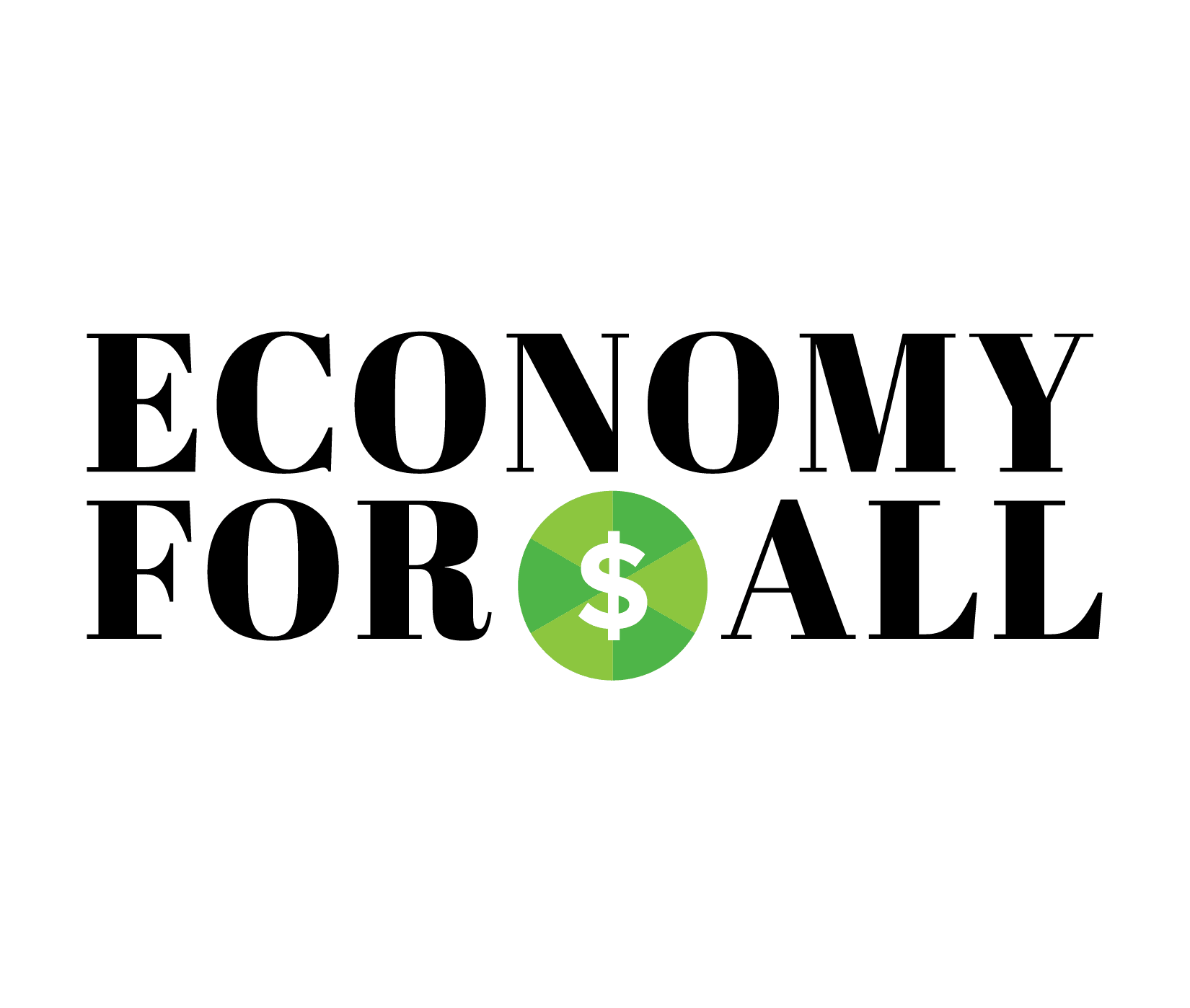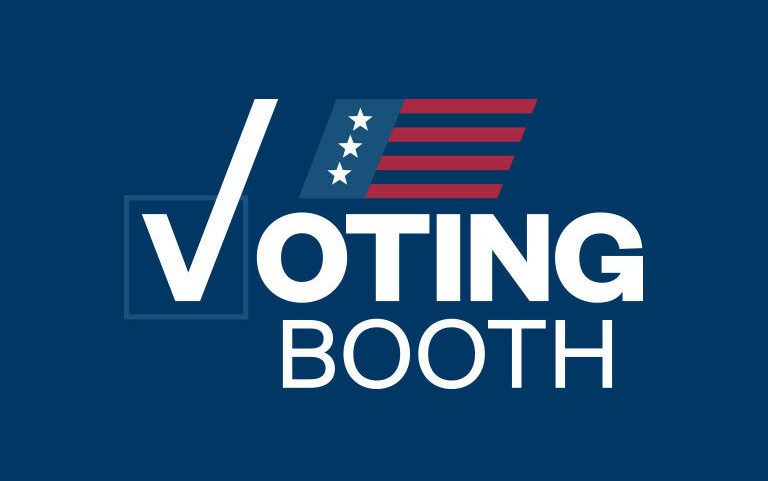When I look at the cascading challenges around issues like reproductive rights, voting and elections, or the conflicts raging in the world, from Ukraine to Ethiopia—there’s always a less-discussed media problem; it takes real work to get properly educated about the facts related to any of these issues. There is a superabundance of corporate news that is either indifferent or hostile to the public interest, and all too often the pundits or outlets are bought and sold by the interests that have a hand in the issue.
And the search engines and social platforms are of little help to readers who don’t have the free hours to fight through and find some journalism or information with integrity. That’s why I like to work with the wonderful and talented independent journalists at IMI. Read Local Peace Economy’s article by April M. Short on the Supreme Court decision that ended Roe v. Wade, for example— it’s not like what you find featured on Google News. It gets right to the heart of the issue: this is a disaster for women, and an attack on the idea that our government should protect human and individual rights against the prerogatives of dogma and religious doctrine.
“Ignoring half a century of precedent and the fact that 60 percent of Americans think abortion should be legal in all or most cases, a U.S. Supreme Court stacked with far-right extremists overruled Roe v. Wade (and Planned Parenthood v. Casey) on June 24, 2022. While this decision is no surprise if you’ve been paying attention recently, it still emits a forceful shockwave, hurdling our society back into a dark age that disrespects the sovereignty of women, and all people,” she writes.
Short’s recent article is joined by important work from IMI’s writers—take a look!
 |  |
Economy for All’s coverage this past month has inadvertently put a spotlight on the cognitive dissonance on the Supreme Court. The Court’s recent decisions go against the majority opinion on guns, reproductive rights and the separation of state and church. As the final arbiter of the law, the Court has failed miserably this past week to ensure the American people the justice and protection they deserve.
Guns have become an intimate part of American culture, writes Sonali Kolhatkar, “one that is fed by gun-makers and the gun lobby, the right-wing media and Hollywood, and of course the Republican Party.” On the heels of the Uvalde school shooting in March, Scientific American published a plea by a group of pediatricians stating that “We must do better for our children,” and pointed to “the politicization of guns taking priority over public health.” Gun violence is now the leading cause of death among young people aged 1 to 19.
While it’s true that the National Rifle Association holds political sway via affiliation and large campaign donations to GOP politicians, guns have become synonymous with “freedom” and “defense.” But the freedom to defend oneself from what, or from whom? Violent crime and property crime rates nationwide have dramatically fallen since the 1990s and studies show that guns are rarely used in self-defense. “Ultimately, the white male Republican belief that guns are a way to defend oneself from imaginary evil people is a hate-filled fantasy,” writes Kolhatkar, and “the price we as a nation are paying for this fear-based fantasy is the lives of our children.”
In Reagan’s Racism Once Saved Lives: Now It’s Killing Children, Thom Hartmann provides an illuminating primer on gun control in California. “There’s no reason why on the street today a citizen should be carrying loaded weapons,” Ronald Reagan said in 1967 when armed Black Panthers showed up at the California State Capitol and political activist Bobby Seale read a statement to the people in front of the Capitol: “Black people have begged, prayed, petitioned, demonstrated, and everything else to get the racist power structure of America to right the wrongs which have historically been perpetuated against Black people. The time has come for Black people to arm themselves against this terror before it is too late.”
Within weeks, Republican Assemblyman Don Mulford, with bipartisan support, introduced into the California Assembly law AB-1591 to ban people in California from carrying loaded weapons in public. It was enthusiastically signed into law by Reagan less than three months after Seale’s statement at the Capitol. While Reagan’s racism produced the first significant gun control in the state—California, America’s largest state, has more gun deaths than any state except Texas— it is white supremacy that is the largest force fighting against gun control in the nation today.
It’s no doubt a tough time to be the parent of a newborn in the United States today. “Not only is child care prohibitively expensive, writes Sonali Kolhatkar, “but the cost of all things including baby products is rising, COVID-19 poses a threat to children too young to be vaccinated—and there has been a months-long shortage of baby formula.” The baby formula scarcity began when the COVID-19 pandemic led to a disruption of ingredient supply chains and transportation delays. Then, the Food and Drug Administration found that several leading brands produced by Abbott Laboratories were contaminated with dangerous bacteria leading to a recall and a temporary closure of Abbott’s main Michigan factory where government inspectors found “shocking” conditions. Just as the Michigan plant reopened, torrential flooding forced it to shut down again. This shortage has driven prices up and Black and Latino parents are disproportionately more likely to rely on formulas. There are only two companies producing 70 percent of these products, a monopoly that the United State government has encouraged. On one end of the food chain are starving farmers, and on the other end there are starving families, including babies. In the middle are a handful of massive corporations like Abbott and Cargill who just keep getting wealthier.
If Poverty Is a Moral Issue, Then the U.S. Is Bankrupt. While newspaper headlines are warning of rising inflation and the possibility that voters will respond by punishing Democrats in the midterm elections this fall, there are too few headlines about the numbers of Americans who are suffering from poverty, hunger and homelessness in one of the world’s wealthiest nations. Sonali Kolhatkar cites several factors for this: flawed government indicators about who qualifies as poor or low-income; mainstream media coverage in favor of wealthy elites that downplays the extent of poverty; and corporate greed. Meanwhile, President Biden’s ambitious anti-poverty legislation campaign to “Build Back Better” is languishing in legislation. Among the anti-poverty measures that the bill would have enacted was the renewal of an expanded child tax credit. During the brief time that an increased child tax credit was in effect in 2021, it helped to push millions of American families out of poverty.
“What happens when you actually provide for the people, when you actually ensure that people are making living wages and have housing, is that that actually saves the nation, both spiritually and morally,” said Rev. Liz Theoharis, co-chair of the Poor People’s Campaign, in an interview with Kolhatkar, reminding us that what matters much more than the unquenchable thirst of a handful of wealthy elites is the well-being of all Americans.
 |  |
As thorny a topic as it may be, having smaller families is one of the most impactful ways to reduce anthropogenic emissions, writes Carter Dillard, policy adviser for the Fair Start Movement. The New York Times columnist Ezra Klein missed the opportunity to highlight reforms that can promote smaller families as one of the most impactful long-run ways to reduce emissions and enhance equitable investments in each child. Instead, he pushed women, specifically, to have kids with the romantic optimism of producing world problem solvers and, benefiting the investor class no less.
In the face of gun violence, now the leading cause of death among young people aged 1 to 19, increasing rates of children dying as a result of abuse and neglect—an average of five children a day in the United States, and as high as 1 billion children being exposed to violence internationally, surely we need to create a conducive environment to help protect them. Urging people to just have kids is especially surprising for Klein, who according to Dillard, routinely champions veganism and animal rights. “He is undoing with one hand what he claims to be doing with the other,” writes Dillard. “Instead of an anthropocentric view of the world, which mostly benefits the few, we need to look at a reformative ecocentric view that benefits everyone.”
Maureen Medina, the founder of Leave in Peace and a campaign strategist and organizer for Slaughter Free NYC gets to the heart of another matter; biolabs and cows. How do we justify slaughtering cows for bovine heart valves to treat cardiovascular disease, she asks, when the consumption of red meat is what weakens our hearts? In 2012, Medina received a 23 mm bovine valve from Edwards Lifesciences to replace her pulmonary valve. On condition of anonymity, one nurse shared with her that “Healthy people don’t make money.” In fact, “more than 70 percent of chronic illnesses [including heart failure] can be prevented or reversed with a whole-food, plant-based dietary lifestyle,” according to the Plantrician Project. Yet “the U.S. government spends $38 billion each year to subsidize the meat and dairy industries, but only $17 million each year to subsidize fruits and vegetables,” according to a 2015 University of California, Berkeley paper. It’s a vicious cycle. On one side, big agribusiness is slaughtering cows for meat and dairy—foods that researchers have linked to an increased risk of cardiovascular disease. On the other side, medical corporations are profiting from producing bovine heart valves.
It’s no secret that corporations benefit from both misinformation and disinformation. State lawmakers introduced nearly 2,900 bills based on American Legislative Exchange Council (ALEC) templates from 2010 through 2018, writes Elliott Negin, senior writer at the Union of Concerned Scientists. More than 600 of them became law, among them was a bill introduced in June 2021 by Texas Governor Greg Abbott banning the state from contracting with or investing in businesses that divest from coal, oil or natural gas companies.
ALEC is a lobby group backed by corporations and right-wing foundations that provides state lawmakers with ready-made, fill-in-the-blank sample legislation drafted by, or on behalf of, ALEC’s private sector members, including tobacco, fossil fuel and electric utility companies.
The Energy Discrimination Elimination Act is just one of the thousands of pieces of legislation ALEC has disseminated nationwide since its formation in 1973. ALEC’s success depends on tactics Negin describes as Orwellian framing, corporate deception, exploitation of understaffed legislators and the undermining of democracy, depending in large part on the fact that the general public pays little attention to what goes on at state houses.
A 2018 survey by researchers at Johns Hopkins University found that only 19 percent of the respondents could name their state legislators and a third did not know the name of their governor. Nearly half did not know whether their state had a one or two-house legislature.
Attention and activism, however, are key to fighting back and ALEC’s stance on climate change has prompted some of its corporate members to defect—even in the energy sector—especially after news organizations and advocacy groups such as Greenpeace and the Union of Concerned Scientists (UCS) drew attention to ALEC’s lies. Public interest groups are also turning up the heat on ALEC over its relatively recent voter suppression efforts.
 |  |
Numerous analyses find that Pro-Trump Republicans are building new paths to subvert future election results, writes Steven Rosenfeld in Election Subversion Is Replacing Voter Suppression as New GOP Threat. “The language of the voting rights movement is changing. For decades, it had been centered around overcoming voter suppression and Jim Crow, which is shorthand for intentional barriers to stymie voters at the starting line—affecting their voter registration, their voting options, and whether or not their ballots are accepted. But today, thanks to Donald Trump’s 2020 election-denying loyalists, the focus is shifting to the finish line in elections, where counting votes is what matters. Election subversion is the new political buzz phrase.”
In The Ugly Side of Trump’s 2020 Lies and Bullying Come Before Committee, Steven Rosenfeld provides several accounts of how Trump-directed mobs threatened officials who wouldn’t side with him in his efforts to subvert the 2020 election: “The January 6 hearings have shown that it was Trump and his minions—not Democrats, nor state officials who followed their oaths of office, nor local election workers who did their jobs—who plotted to overturn the election, and who embraced lying, ignoring laws, harassment and violence to seize the presidency.”
What stood out was Trump’s “boorish and boundary-breaking harassment of legislator leaders and top election officials who would not bend to his will to overturn their state’s election results.”
At the June 21 hearing, Democratic and Republican legislators and state election officials “described how Trump’s foot soldiers threatened them on social media, published their private contact information online and stalked them outside their homes—which neither Trump nor his team discouraged, as [Liz] Cheney noted.”
A select panel hearing probed Trump’s push to overturn the 2020 results in states. The fourth hearing by the House Select Committee to Investigate the January 6 Attack on the U.S. Capitol focused on how Trump’s team pressured local and state government officials to overturn Biden’s victory. Witnesses included two Republican election officials from Georgia and a state legislator from Arizona who resisted Trump’s pressure and received numerous threats from Trump supporters that have continued well into 2022 elections.
As the hearings continue, there are not only questions of what accountability will ensue for participants in Trump’s failed 2020 coup but also what can be done about Republicans who still embrace the stolen election lie. Recently, for example, the Texas Republican Party adopted these claims in its party platform. That action follows scores of election-denying candidates running for state and federal office in 2022 and winning their primaries. The hearings are revealing how far people who admired or envied Trump were and may still be willing to go. As new details begin to surface so too are questions as well as suggestions of how and where to hold participants accountable.
The IMI team is hard at work producing these and many other important stories. Please join our cause to produce media that can change the world.
And in case you missed it, here is more of our most recent work:
April M. Short – July 11, 2022 – Local Peace Economy
Jeff Bryant – July 11, 2022 – Our Schools
Supreme Court Could Wreak Havoc in Battleground State Elections
Steven Rosenfeld – July 10, 2022 – Voting Booth
Feeling Defeated by the Supreme Court’s EPA Ruling? There’s Still a Lot We Can Do
Reynard Loki – July 5, 2022 – Earth | Food | Life
Polls: After Hearings, Swing Voters and Supreme Court on Collision Course
Steven Rosenfeld – July 2, 2022 – Voting Booth
Thom Hartmann – July 1, 2022 – Economy for All
Mark Meadows’ Role as Key Co-Conspirator in Trump Coup Comes into View
Steven Rosenfeld – June 29, 2022 – Voting Booth
How the American Legislative Exchange Council Turns Disinformation Into Law
Elliott Negin – June 28, 2022 – Earth | Food | Life
Sonali Kolhatkar – June 27, 2022 – Economy for All
Thanks from Jan Ritch-Frel and the rest of the IMI team.
